The brief
Naked Frank Theatre are a physical theatre company, who specialise in arts engagement to support mental health recovery. Naked Frank Theatres approached us when they wanted to film a short documentary on an ‘In the making of’ style video for their upcoming production ‘The Angel of December’. We had previously filmed with them in the summer for a production called ‘Tales of the monsters in my head’ but got back in touch during Christmas as we were already familiar with the work the produced and thought we would be a great fit for what they wanted.
The production was due to take place the weekend before Christmas at a mental health facility in Kent, which they do every year as most aren't able to leave or see family during this period.
The rehearsal period was three weeks long, so Naked Frank Theatres wanted to document as much as possible and show the highs and lows of the process before performance.

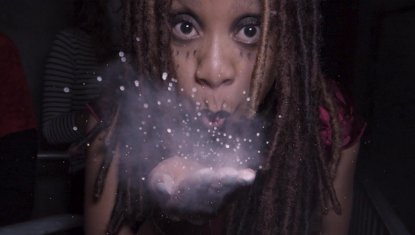
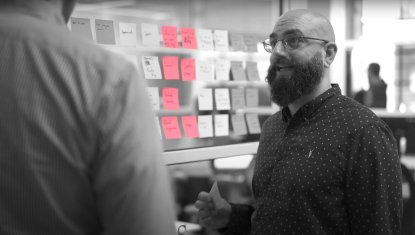
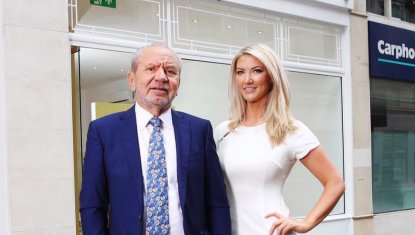
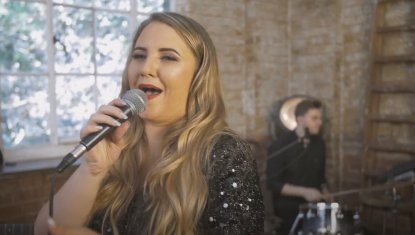
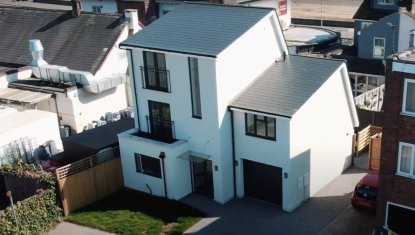
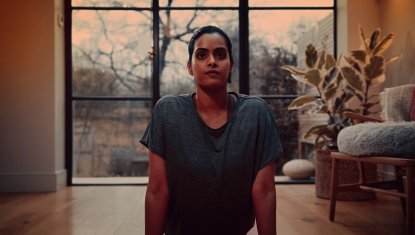
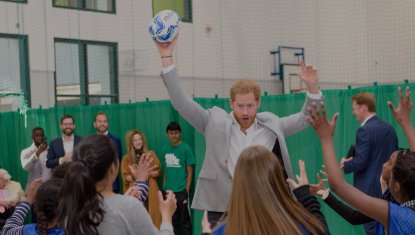
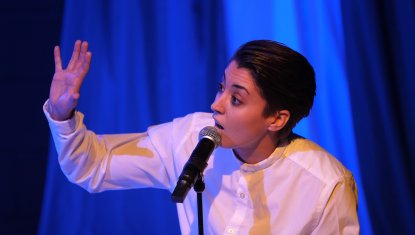
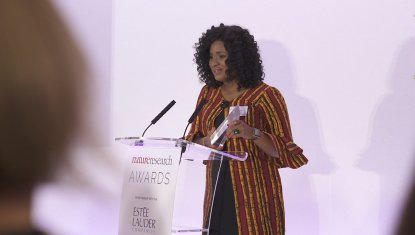
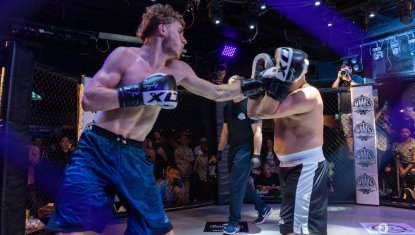
Client Comment
Digital Pie have been the most collaborative team that we've worked with. The type of work we do certainly, we're all about working collaboratively, connected with our cast and crew and for us as a company, they have been not just a part of the process but have been integral to our process. And their professionalism, their conduct and the way they work, there's a reason why we have worked with them a number of times. When a team can do that with you that is something really precious and very unusual, they're brilliant and we're all pals!